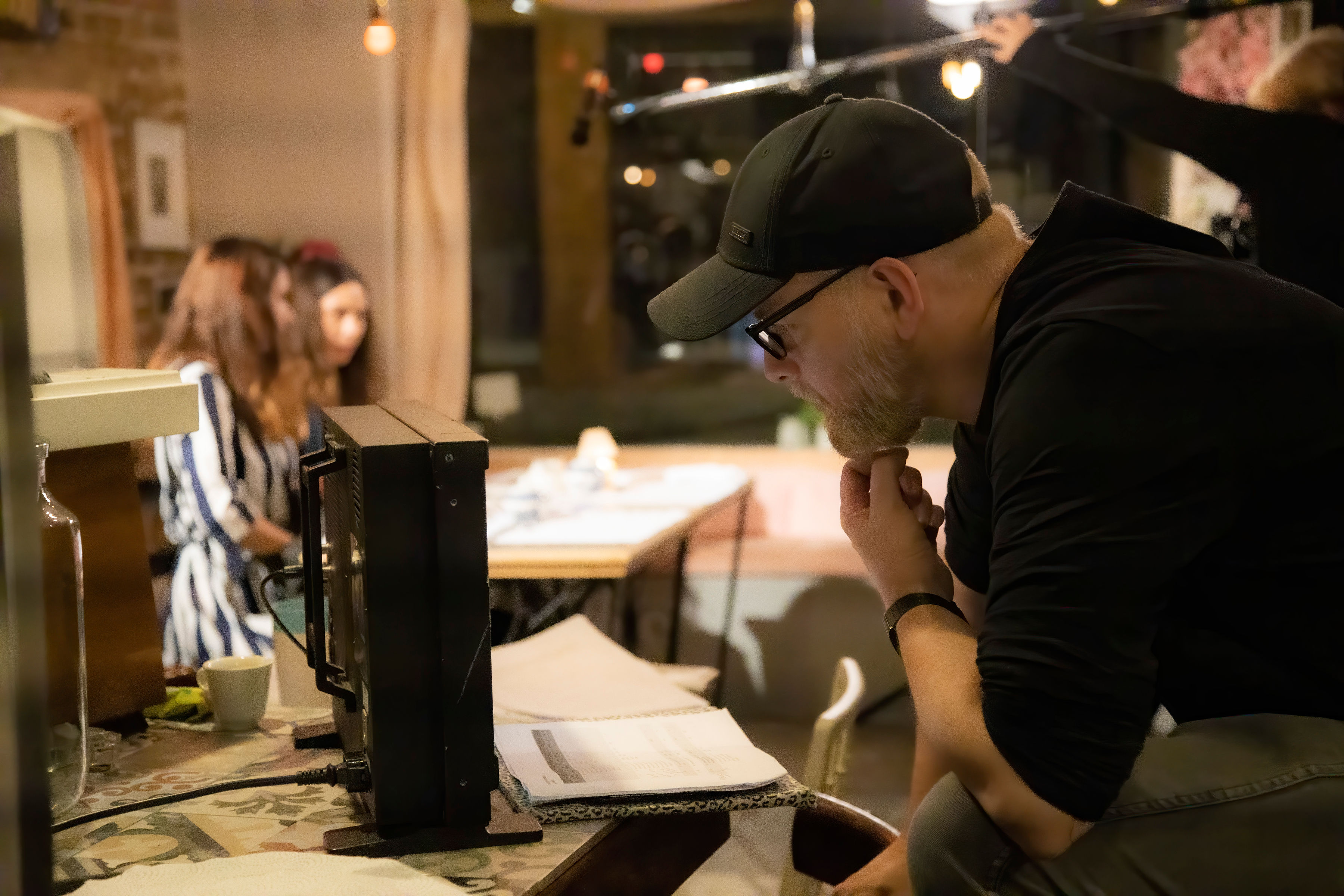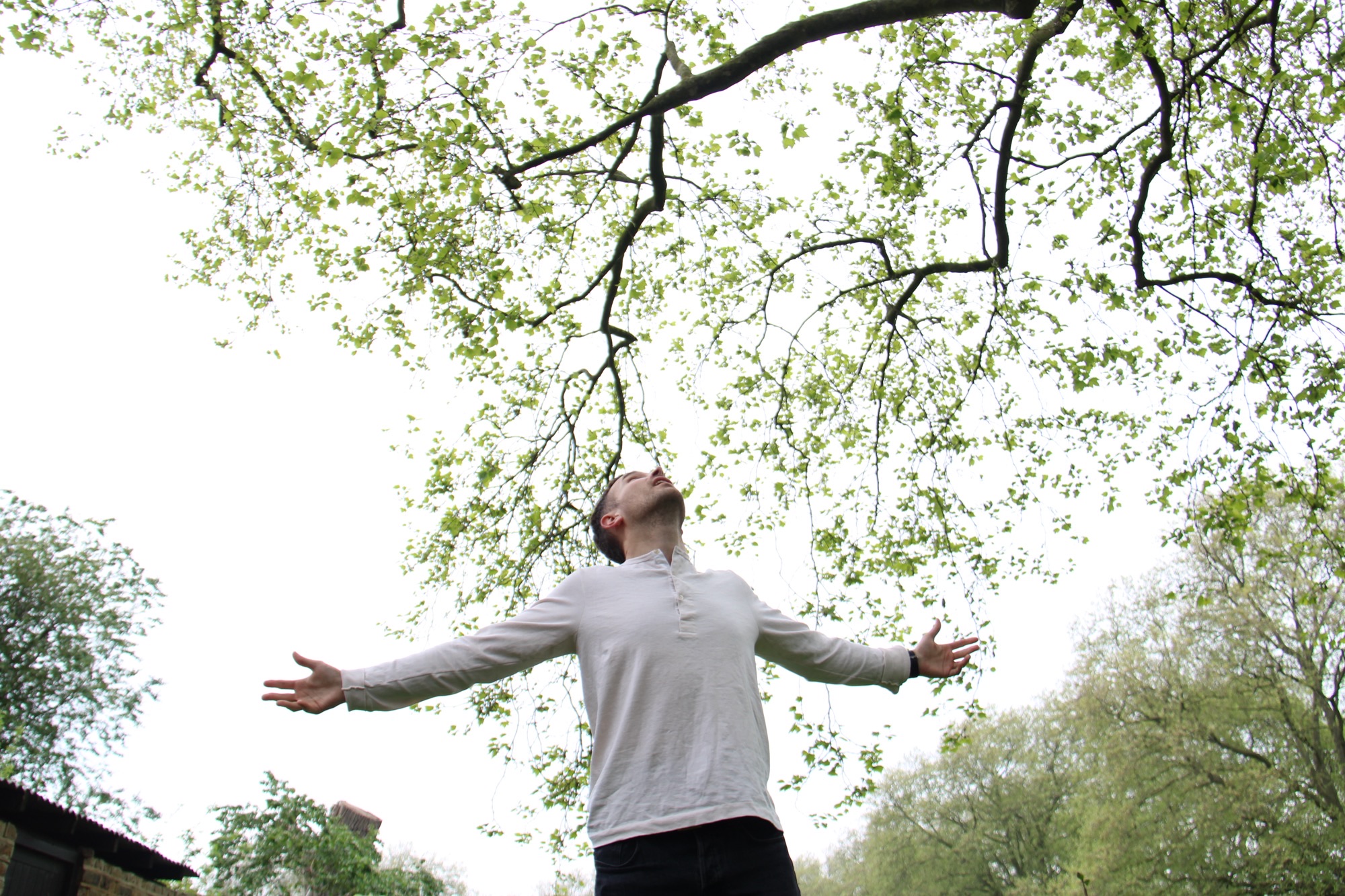At LFA, we strive to create an inclusive environment for all our students, which is why we wanted to highlight the inspiring journey of our Module Leader, Dan Turner.
Dan was diagnosed with autism later in life and his experience can provide valuable insights into how we can better support neurodivergent individuals in filmmaking.
The video interview with Dan is below but keep reading to learn more.
Discovering Autism Later in Life
Dan Turner, a seasoned filmmaker, and tutor at LFA, discovered his autism diagnosis in his adult years. Reflecting on his journey, Dan shares:
This revelation allowed Dan to understand his tendencies towards self-employment and his preference for being his own boss.
Adjusting to New Realisations
Dan's diagnosis didn't change how he approached his work but instead gave him clarity.
As a writer and director, Dan values control over his work environment, which helps him manage the overwhelming aspects of social interactions that are challenging for many autistic individuals.

Communication and Collaboration in Filmmaking
Dan emphasises the importance of communication in filmmaking and advocates recognising neurodiverse individuals as a vital part of humanity, with unique strengths and challenges, and believes their inclusion enriches the storytelling process and fosters deeper connections between filmmakers and audiences.
By embracing diverse perspectives, the film industry can create more authentic and resonant narratives that reflect the full spectrum of human experience.
Rethinking Labels and Embracing Strengths
One of the significant steps Dan suggests is to remove the word "disability" from conversations about neurodiversity.
This shift in perspective helps recognise the strengths and needs of neurodivergent individuals without unnecessary labelling.
By changing the narrative we can create a more inclusive space, one that values each person's unique contributions, moving beyond limiting stereotypes and focusing on individual abilities and potential instead.
The Role of Hyperfocus in Filmmaking
Autistic individuals often exhibit hyperfocus, a trait Dan credits for his success in filmmaking.
By leveraging this hyperfocus, neurodivergent individuals can bring a unique level of dedication and precision to their work, enhancing the overall quality and depth of their films.

Creating a Supportive Environment at LFA
At LFA, we are committed to supporting neurodivergent students. Dan believes that understanding the conditions that suit neurodivergent individuals is crucial.
Providing extra time and space for neurodivergent individuals to process information can be immensely beneficial.
Teaching with a Performance-Led Approach
Despite his challenges with social interactions, Dan excels in teaching, a performance-led activity.
This focus on work and teaching allows him to connect deeply with students, creating a sense of trust and authenticity.
The Impact of Personal Experience
Dan's experience with his autistic son has also deepened his understanding and compassion.
This personal journey has informed his approach to teaching, ensuring that he provides the necessary support and resources for neurodivergent students.

Building an Inclusive Learning Environment
Creating a safe and inclusive space from day one is essential for neurodivergent students to thrive.
This involves not only supporting the neurodivergent students but also educating everyone around them to emphasise this nurturing environment.
Dan Turner's journey highlights the importance of understanding and embracing neurodiversity in filmmaking.
At LFA, we are dedicated to creating an inclusive and supportive environment for all our students. By recognising and valuing the unique strengths of neurodivergent individuals, we can make filmmaking richer and more diverse.
You can also read more about the 4 Essential Practices for Student Filmmakers During Neurodiversity Celebration Week, covering everything from inclusive filmmaking, to prioritising diversity, respect, accessibility, collaboration, and ongoing education on set.
